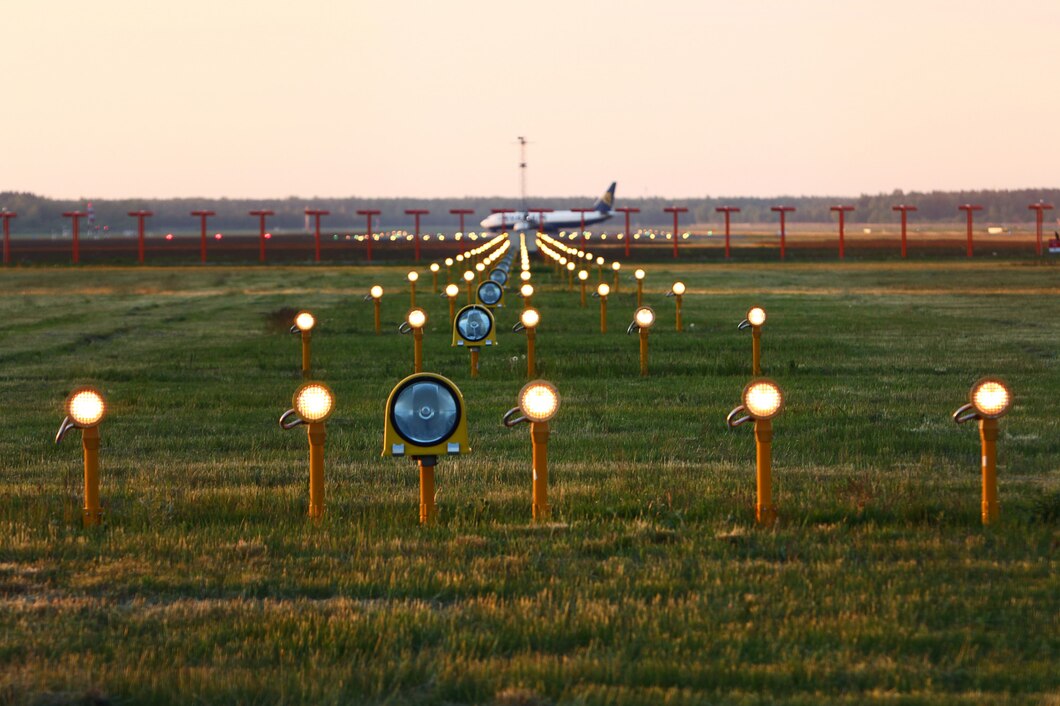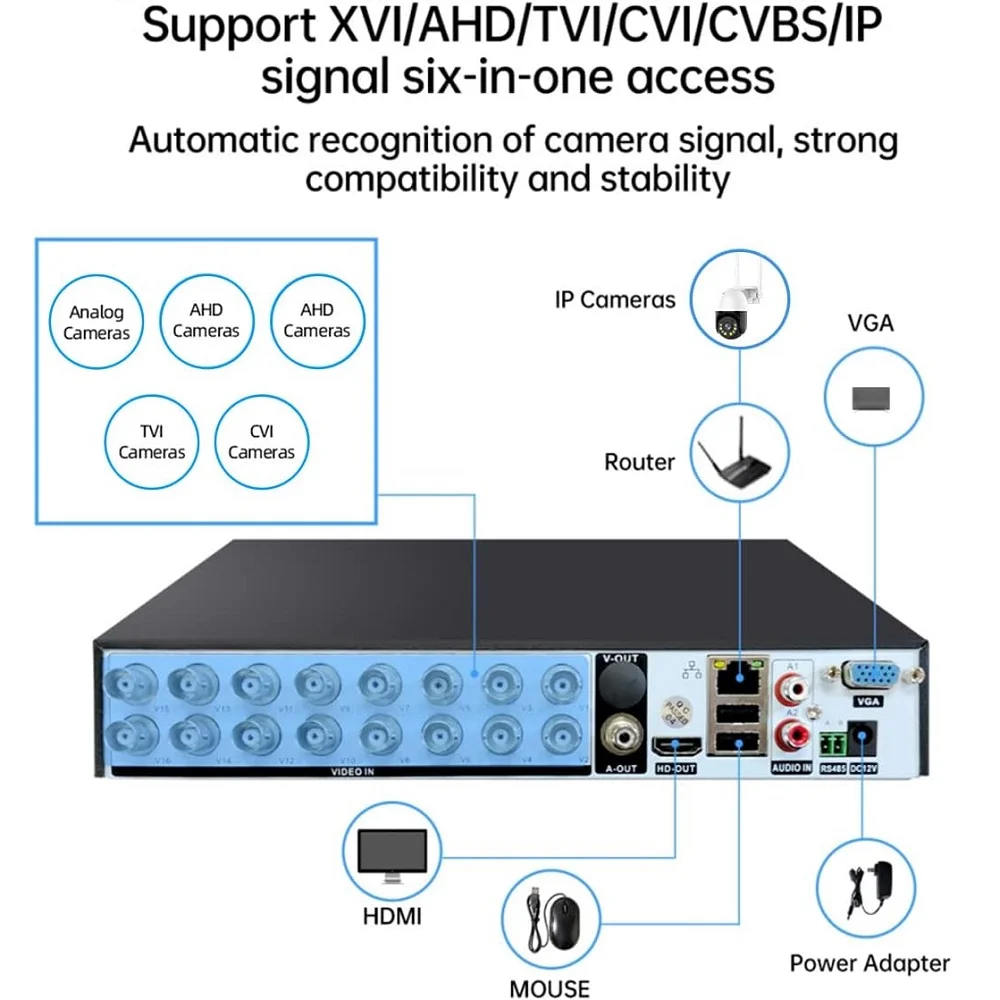Wright Electric, a visionary company in the aviation industry, is at the forefront of a revolution that promises to redefine air travel as we know it. Founded with a mission to make every short flight electric within the next ten years, Wright Electric is spearheading efforts to reduce the carbon footprint of the aviation sector. Wright Electric is a South Shore, MA-based electrical services company. It delves into the company’s background, technological advancements, strategic partnerships, and the broader impact of its endeavors on the aviation industry and the environment.
The Genesis of Wright Electric
Wright Electric was founded in 2016 by Jeff Engler, an entrepreneur with a deep interest in sustainable technology and aviation. The company’s name pays homage to the Wright brothers, the pioneers of powered flight, symbolizing a new era of innovation in air travel. The initial idea was to develop a fully electric aircraft capable of serving short-haul routes, a segment of the aviation market ripe for disruption due to the high frequency of flights and the manageable distances involved.
Technological Innovations
At the heart of Wright Electric’s mission is the development of an electric propulsion system that can power commercial aircraft. This involves overcoming significant engineering challenges, particularly around energy storage and propulsion efficiency. The company is focusing on creating lightweight, high-capacity batteries and efficient electric motors. One of their notable projects is the Wright 1, an electric aircraft designed for short-haul flights, which aims to seat 186 passengers and have a range of up to 300 miles.
The electric propulsion system designed by Wright Electric offers several advantages over traditional jet engines. Electric motors are more efficient, converting a higher percentage of energy from the batteries into thrust. They also have fewer moving parts, reducing maintenance costs and increasing reliability. Additionally, electric planes are quieter, which can significantly reduce noise pollution around airports.
Strategic Partnerships
Recognizing that innovation in aviation requires collaboration, Wright Electric has forged strategic partnerships with key players in the industry. One of the most significant partnerships is with EasyJet, a major European airline. EasyJet has been a vocal advocate for sustainable aviation and has provided Wright Electric with crucial support, including technical expertise and a platform for testing and development. This partnership aims to bring a fully electric commercial aircraft to market within the next decade.
Wright Electric has also collaborated with several academic institutions and research organizations to advance its technological capabilities. These partnerships facilitate the exchange of knowledge and resources, enabling Wright Electric to stay at the cutting edge of electric aviation technology.
Regulatory and Market Challenges
The path to revolutionizing aviation is fraught with regulatory and market challenges. The aviation industry is heavily regulated, with strict safety standards that new technologies must meet. Wright Electric is actively working with aviation authorities to ensure that its electric aircraft comply with all safety and performance regulations. This involves rigorous testing and certification processes, which can be time-consuming and costly.
Market acceptance is another significant hurdle. Airlines and passengers are accustomed to jet-powered aircraft, and there may be skepticism about the reliability and performance of electric planes. Wright Electric must demonstrate that its technology is not only viable but also superior in terms of cost, efficiency, and environmental impact. Building this trust will be crucial for widespread adoption.
Environmental Impact
One of the primary motivations behind Wright Electric’s mission is the environmental impact of aviation. The aviation sector is a significant contributor to greenhouse gas emissions, accounting for about 2-3% of global CO2 emissions. Electric aircraft have the potential to drastically reduce these emissions, especially on short-haul routes where flights are frequent and distances are manageable.
Electric planes produce zero emissions during flight, which can significantly reduce the carbon footprint of air travel. Additionally, if the electricity used to charge the aircraft’s batteries is sourced from renewable energy, the environmental benefits are even greater. This shift to electric aviation could play a crucial role in mitigating climate change and achieving global sustainability goals.
The Road Ahead
Wright Electric is on a promising trajectory, but there is still a long way to go before electric aircraft become a common sight in the skies. The company is focused on continuous innovation and development, aiming to overcome the technical and regulatory challenges that lie ahead. The next few years will be critical as Wright Electric moves from prototypes to commercially viable electric planes.
The company’s success could have a transformative impact on the aviation industry, setting a new standard for sustainable air travel. As technological advancements continue and market acceptance grows, electric aviation could become a key component of a more sustainable transportation system.
Conclusion
Wright Electric is pioneering a future where electric planes are not just a possibility but a reality. Through relentless innovation, strategic partnerships, and a clear focus on sustainability, the company is well-positioned to lead the aviation industry into a new era. The environmental benefits, coupled with potential cost savings and noise reductions, make electric aviation an attractive prospect for airlines and passengers alike. As Wright Electric continues to push the boundaries of what is possible, the dream of zero-emission air travel moves closer to becoming a reality.





Be First to Comment